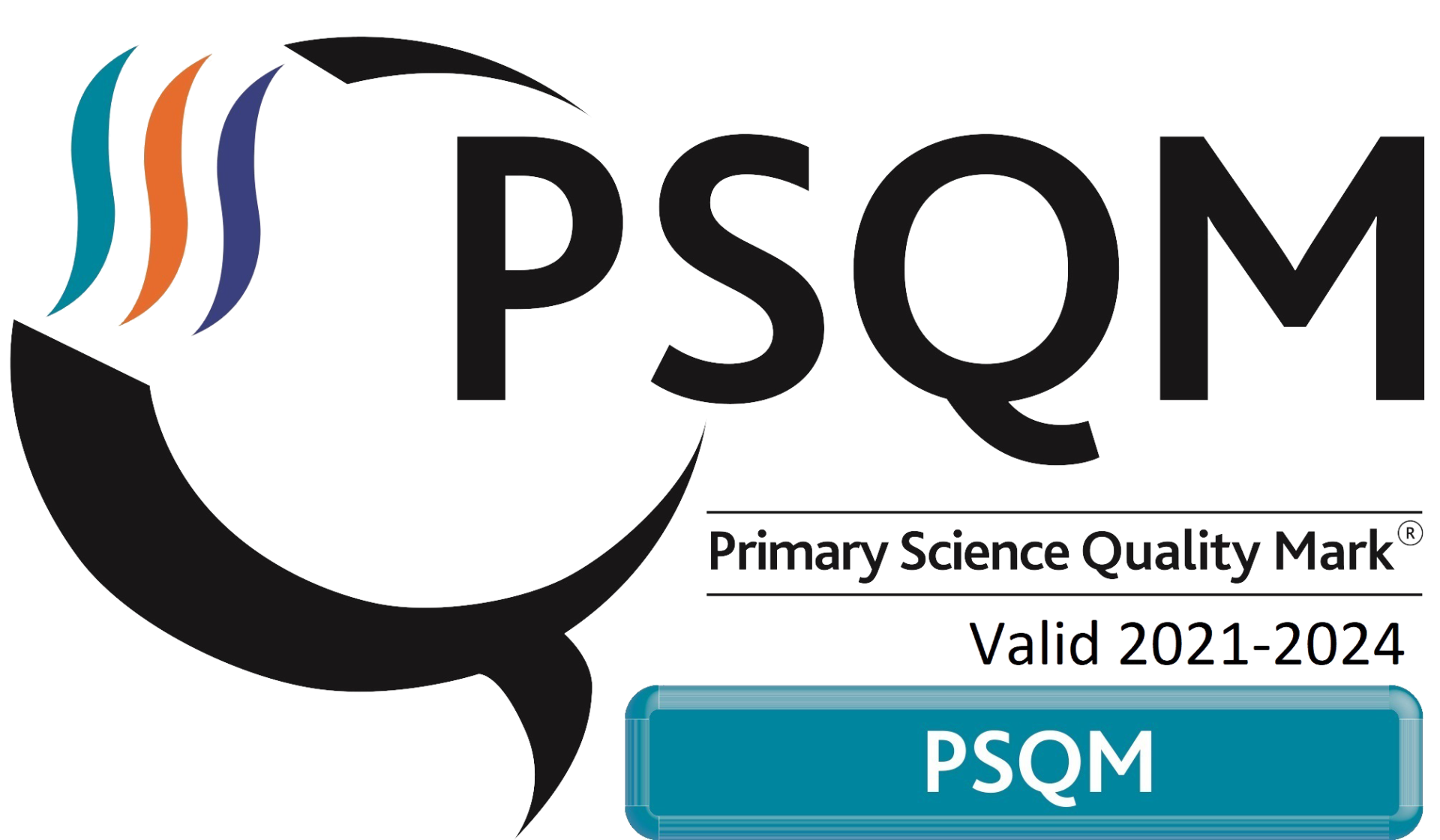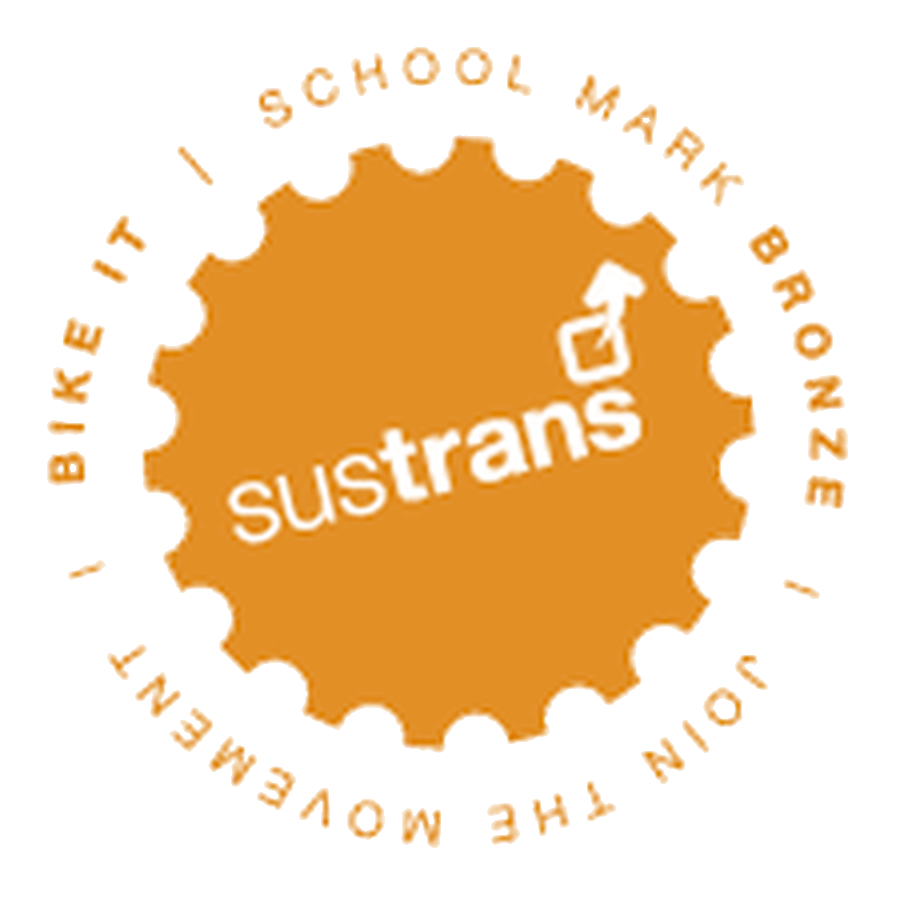Maths
Curriculum Intent
The Meads Primary School is committed to meeting the requirements of the primary National Curriculum, underpinned by our core values of Resilience, Respect, Responsibility, Kindness and Joy. The National Curriculum for mathematics aims to ensure that all pupils become fluent, reason mathematically and can solve problems. We believe that a high-quality mathematics education provides a foundation for understanding the world, the ability to reason mathematically, an appreciation of the beauty and power of mathematics and a sense of enjoyment and curiosity about the subject.
The National Curriculum for Mathematics (2021) aims to ensure that all pupils:
- Become fluent in the fundamentals of mathematics, including through varied and frequent practice with increasingly complex problems over time, so that pupils develop conceptual understanding and the ability to recall and apply knowledge rapidly and accurately.
- Reason mathematically, by following a line of enquiry, conjecturing relationships and generalisations, and developing an argument, justification or proof using mathematical language.
- Can solve problems by applying their mathematics to a variety of routine and non-routine problems with increasing sophistication, including breaking down problems into a series of simpler steps and persevering in seeking solutions.
The content and principles underpinning the mathematics curriculum at The Meads reflect those found in high-performing education systems internationally, particularly those of East and Southeast Asian countries such as Singapore, Japan and South Korea, where an approach encouraging ‘mastery’ is followed. The principles and features that characterise this ‘mastery’ approach are:
- Teachers reinforce an expectation that all pupils are capable of achieving high standards in mathematics.
- The large majority of pupils progress through the curriculum content at the same pace. Differentiation is achieved for the majority of children by emphasising deep knowledge and through individual support and intervention.
- Teaching is underpinned by methodical curriculum design and supported by carefully crafted lessons based on the ‘‘Maths - No Problem!’’ textbooks and resources to foster deep conceptual and procedural knowledge.
- Practice and consolidation play a central role. Carefully designed variation within this builds fluency and understanding of underlying mathematical concepts in tandem.
Maths - No Problem!
Maths mastery is an approach to teaching that gives pupils a deep, long-term, secure and adaptable understanding of mathematics. The concept of mastery has its roots in the mastery model developed in the late 1960s by Benjamin Bloom, an American educational psychologist.
The mastery approach currently being promoted in the UK shares some features with Bloom’s mastery model, such as the focus on a uniform degree of learning for all pupils and the desire for students to achieve a deep understanding of mathematical concepts.
However, a stronger focus on structure, early intervention and the consistent use of representations differentiates the UK approach from other models. The core elements of the UK approach to mastery, as succinctly outlined by the National Centre for Excellence in the Teaching of Mathematics, are coherence, representation & structure, mathematical thinking, fluency and variation. At The Meads we use "Maths - No Problem!", a scheme approved by the DfE as the basis for our mastery approach in maths.
Curriculum
This overview is a guide which ensures coverage of the UK National Curriculum across the whole school. Teaching is built upon from the previous year giving children the opportunity to deepen their mathematical understanding of each topic. With careful consideration, assessment weeks have been planned to ensure we are tracking the progress of children and assessing ways to help them progress further in their understanding and learning of maths.
Additional Weeks
The overview is a guide and is subject to change according to the needs of the children and the needs of the school. Teachers are given the flexibility to plan for any additional lessons throughout this time. Such leeway has been given to ensure any gaps within the children’s learning are addressed accordingly.
Curriculum Coverage
EYFS
Year 1
Year 2
Year 3
Year 4
Year 5
Year 6











